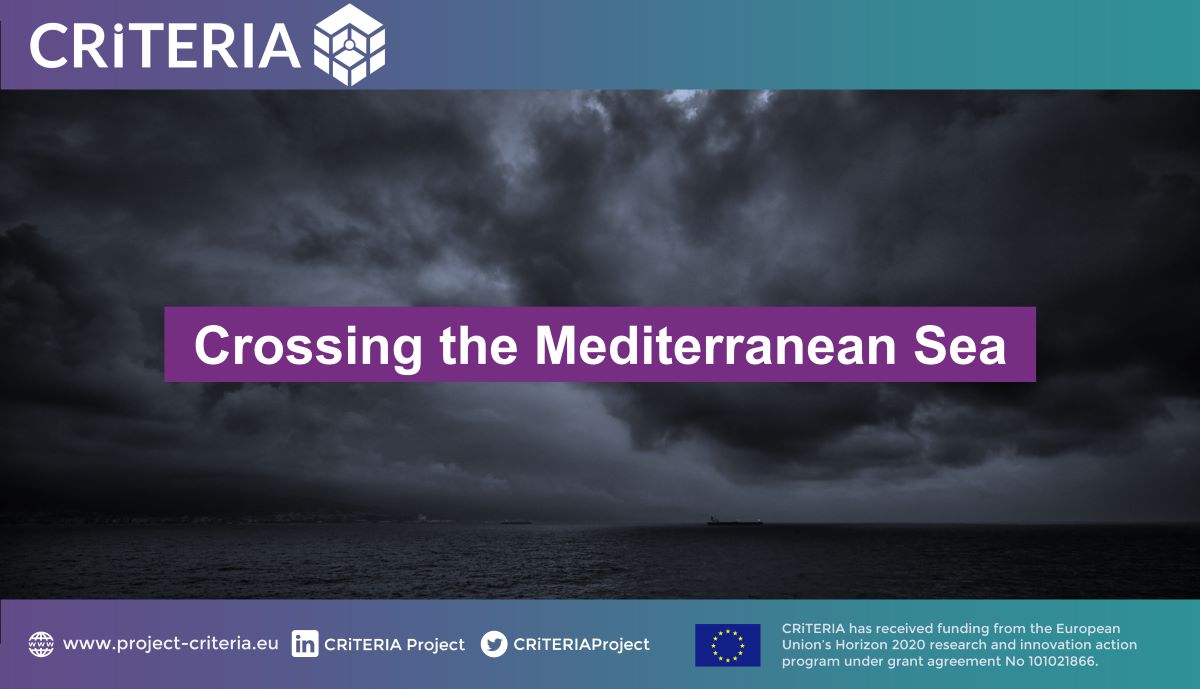According to the United Nations Refugee Agency, more than 2,500 irregular migrants have either lost their life or gone missing in the Mediterranean Sea in the first three quarters of 2023. Comparing this figure to the 1,680 dead or missing people in the same period last year clearly demonstrates the kind of crisis Europe is facing. Though that survived crossing the sea and succeeded in reaching European land this year number some 186,000 people. While some 50,000 irregular migrants landed in Croatia, Cyprus, France, Greece, Malta, Portugal, Slovenia, and Spain, over 130,000 arrived in Italy, signaling an 83 per cent increase from 2022. Disturbingly, some 11,600 unaccompanied minors had been among the migrants trying to reach Italy in the same period. Highlighting the gravity of this matter, Regina De Dominicis, UNICEF coordinator, stated “The Mediterranean has become a cemetery for children and their future. [1]” Par Liljert, director of the IOM office to the United Nations, underlined “the dire conditions facing migrants and refugees” trying to reach Europe through the Mediterranean and added that during the same period, the International Organization for Migration (IOM) “recorded 2,778 deaths, with 2,093 of them occurring along the treacherous central Mediterranean route.” Nevertheless, “despite its clear dangers, in 2023 there has been an increase in arrivals to Greece along this route of over 300%, while the number of arrivals in Spain has remained steady, primarily through the Atlantic route to the Canary Islands as compared to the numbers recorded at the same time last year.” [2]
The two main points of departure have been Tunisia (102,000 people) and Libya (45,000 people). Those who fail to reach European land, yet fortunate enough to be alive, are returned to Tunisia (31,000 people) and Libya (10,600 people), thus perpetuating the vicious circle of irregular migration from North Africa to southern Europe. Tunisian Minster of Interior Kamel Fekih stressed that the country’s economy is in no condition to sustain the large number of migrants arriving from sub-Saharan and other African countries and added that “Tunisia can only protect its own borders. It cannot be a border guard for others. [3]” At a meeting in Malta, leaders from nine southern European and North African countries discussed irregular migration in the presence of European Commission President Ursula von der Leyen. Von der Leyen also held a separate meeting with French President Emmanuel Macron and Italian Prime Minister Giorgia Meloni to discuss the possibility of expanding the European Union’s naval missions in the Mediterranean Sea. [4]

Christos Kassimeris, PhD
Professor Christos Kassimeris heads the School of Humanities and Social Sciences at European University Cyprus and is coordinator of the BA in European Politics and Communication. Before joining European University Cyprus, he was teaching European Integration Politics and International Relations of the Mediterranean for three years at the University of Reading. He is the author of European Football in Black and White: Tackling Racism in Football (Rowman & Littlefield Publishers, 2007), Greece and the American Embrace: Greek Foreign Policy Towards Turkey, the US and the Western Alliance (I.B. Tauris Academic Studies, 2009) and Football Comes Home: Symbolic Identities in European Football (Rowman & Littlefield Publishers 2010), editor of Anti-racism in European Football: Fair Play for All (Rowman & Littlefield Publishers, 2009), The Marketing of War in the Age of Neo-Militarism (Routledge, 2011) and The Politics of Education: Challenging Multiculturalism (Routledge, 2011), and has several publications in political science journals. He is also Visiting Research Fellow at the University of De Montfort.
Sources
- Euronews, Dead, missing migrants in Mediterranean tripled this summer: UN, by Rédaction Africanews, 29/09/2023,
- France24, More than 2,500 migrants dead or missing in Mediterranean this year, UN says, by News Wires, 29/09/2023,
- Deutsche Welle, Over 2,500 migrants lost to Mediterranean in 2023: UN, 29/09/2023,
- Deutsche Welle, EU’s Mediterranean leaders meet as migrant numbers rise, 29/09/2023
Banner image by Vidar Nordli-Mathisen on Unsplash.




